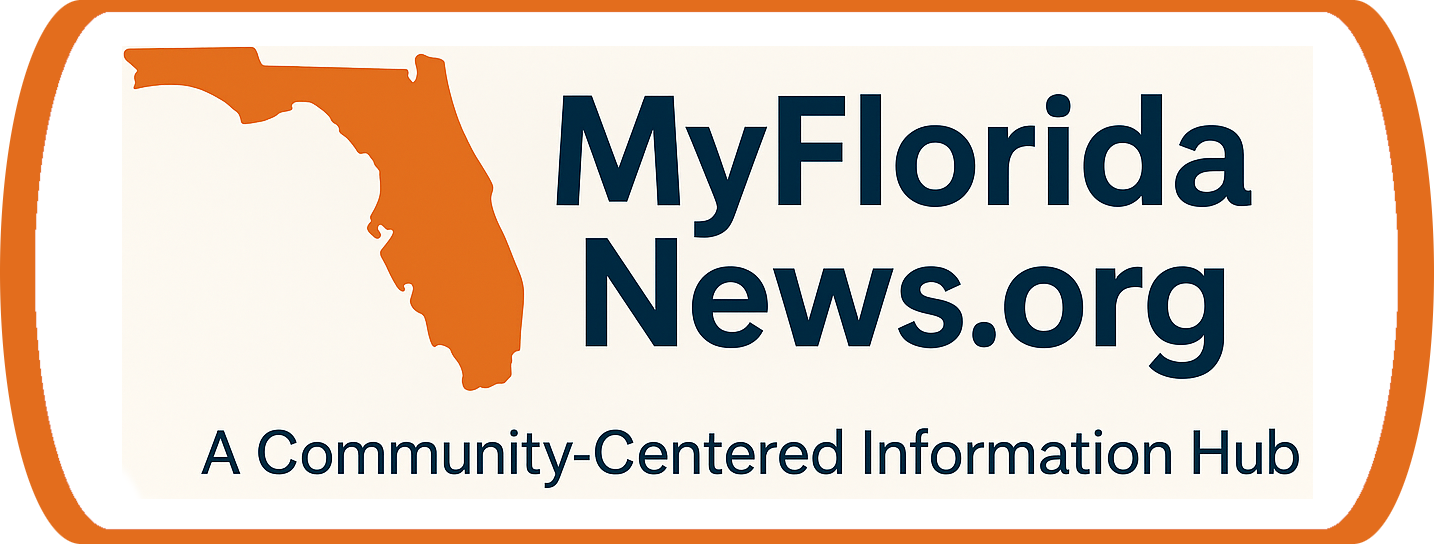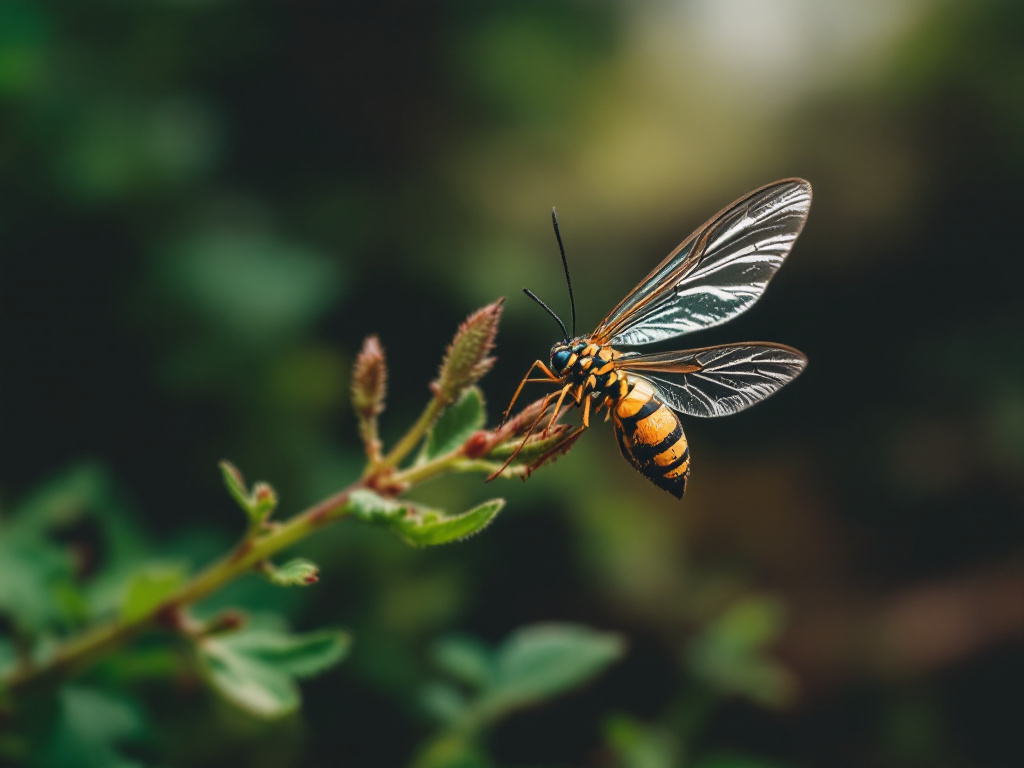Image generated by flux-ai.io & content generated by ChatGPT Version 4o-mini
New Pesticide Registrations Could Help Local Farmers in Jefferson County
For the farmers in Jefferson County, a new approach to pesticide use could offer significant benefits. A recent study highlights a special kind of pesticide registration known as the 24(c) registration, which allows local producers to use certain pesticides in ways that are specifically tailored to Florida’s unique agricultural needs. This development is particularly relevant for our community, where agriculture plays a vital role in the local economy.
What is a 24(c) Registration?
To put it simply, a 24(c) registration allows farmers to request permission to use a pesticide in a way that isn’t covered by the product’s standard label. Think of it as a customized instruction manual that fits the specific challenges faced by farmers in Jefferson County. For instance, if a pest that commonly affects vegetable crops has become resistant to most pesticides, farmers can apply for a 24(c) registration to use a different pesticide that is effective but not originally intended for that particular pest.
Local Impact on Farmers
Jefferson County is home to many farms, with nursery crops and cattle being two key products. The ability to adapt pesticide use can be crucial for local farmers, especially as they face unique pests and environmental conditions. For example, if a new pest threatens local tomatoes or strawberries, a 24(c) registration could allow farmers to use a pesticide that has proven effective elsewhere but isn’t listed for those specific crops in Florida.
This could lead to better crop yields, which means more fresh produce for local markets and possibly lower prices for consumers. It can also reduce the overall amount of pesticides used, which is beneficial for the environment and for the health of the community. However, it is crucial that farmers remain compliant with all safety regulations and guidelines to ensure that any new usage of pesticides does not pose risks to human health or the environment.
How Does It Work?
To get a 24(c) registration, farmers must work closely with agricultural scientists and their commodity associations. They need to provide evidence to the Florida Department of Agriculture and Consumer Services (FDACS) that the new use of the pesticide will not harm humans or the environment. This is a collaborative effort that involves local expertise and scientific research, ensuring that the needs of farmers are met while prioritizing safety.
For instance, if local farmers discover that a commonly used pesticide can also effectively control a new pest, they can apply for this special registration. Once approved, they can use the pesticide in ways that are not only effective but also safe for their crops and the environment, following all required guidelines and regulations.
Challenges and Considerations
While the 24(c) registration offers promising solutions, it’s important to note that not all requests will be approved. The FDACS and the Environmental Protection Agency (EPA) carefully review applications to ensure that any new usage does not lead to health risks or environmental harm. Farmers in Jefferson County should stay informed about these regulations and consider collaborating with local agricultural experts to navigate the application process. This includes being aware of the potential impacts on beneficial organisms, such as pollinators, and adhering to best practices in pesticide application.
Conclusion
As Jefferson County continues to grow as an agricultural community, understanding and utilizing tools like the 24(c) pesticide registration can play a crucial role in ensuring the success of local farms. This approach not only addresses immediate pest problems but also promotes sustainable farming practices that can protect our environment and health for generations to come. Whether you’re a farmer or simply someone who enjoys fresh produce from local markets, this new development is worth keeping an eye on!
References
PI-95/PI132: Special Local Needs Pesticide Registrations—24(c). (n.d.). Ask IFAS – Powered by EDIS. https://edis.ifas.ufl.edu/publication/PI132

